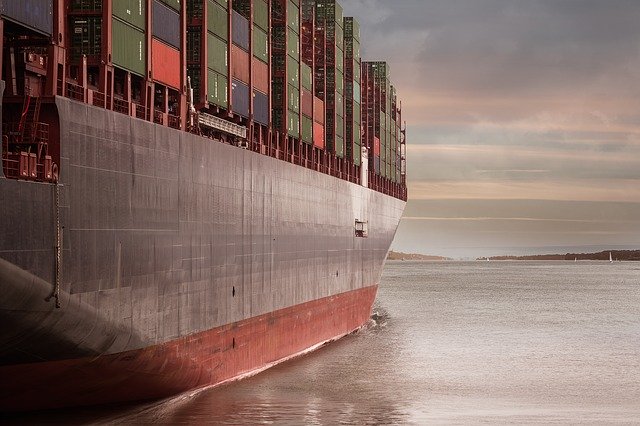

The Bureau of Customs (BOC) is working closely with the Department of Agriculture (DA) and Department of Health (DOH) in monitoring and inspecting shipments coming from countries with reported cases of novel coronavirus (2019-nCoV) to prevent the possible entry of non-human carriers of the disease into the Philippines.
BOC assistant commissioner and spokesperson Atty. Vincent Philip Maronilla, in a press briefing on January 29, said Customs Commissioner Rey Leonardo Guerrero has directed customs personnel to suit up in complete gear when examining items coming from countries with reported cases of 2019-nCoV, a disease first detected in Wuhan, Hubei, China.
Maronilla added that BOC’s Intelligence and Enforcement Groups are “now on full alert guarding against all items, not just foods,” and are coordinating with DA and the Department of Health (DOH) on spotting cargoes that “might be a carrier” or source of diseases, other than human carriers.
Maronilla said BOC is also leaving it up to DA to decide whether or not to impose a ban or stricter measures on such shipments.
But stressed that importation of food products without the corresponding licenses from DA or the Food and Drug Administration remains prohibited.
Philippine transport and government authorities have gone on heightened alert in response to the international outbreak of 2019-nCoV, a virus that was first identified by authorities in Wuhan, Hubei, China, in December last year and that has already spread to more than a dozen countries in Asia, as well as to the United States, Canada, and some parts of Europe and United Arab Emirates.
The 2019-nCoV, also known as the Wuhan coronavirus, is a contagious virus that causes respiratory infection and has been shown capable of human-to-human transmission. Scientists have so far narrowed down the causes of the coronavirus to cross-species transmission of the pathogen from bats or snakes and a potential laboratory leak in Wuhan. China has temporarily banned the trade of wild animals in the country following the outbreak.
More than 100 deaths due to the virus have been recorded so far even as the microbe continues to infect thousands.
There is currently no positive case of the virus in the Philippines as of January 28, but several people suspected of carrying the virus are already being monitored and tested by authorities.
The Philippine Coast Guard (PCG) has placed port state control officers on alert, ordering them to increase maritime security efforts, particularly by conducting comprehensive inspection together with the Bureau of Quarantine (BOQ) of all foreign vessels entering major ports in the country.
The Maritime Industry Authority (MARINA) has also issued an advisory enjoining all domestic ship owners, operators, and other stakeholders to take the “highest precautionary vigilance and cooperation to prevent, monitor, and report cases of nCoV.”
For its part, the Civil Aeronautics Board (CAB) has suspended indefinitely all airline operations from Wuhan to the country.
All carriers with flights coming directly or connecting from China are also advised by CAB to secure from BOQ a Health Declaration Checklist and to require all passengers and crew on board the aircraft to fill out the checklist prior to disembarkation.
Several other measures are also being undertaken in different gateways to the country, particularly in airports and ports catering to cruise ships. – Roumina Pablo




